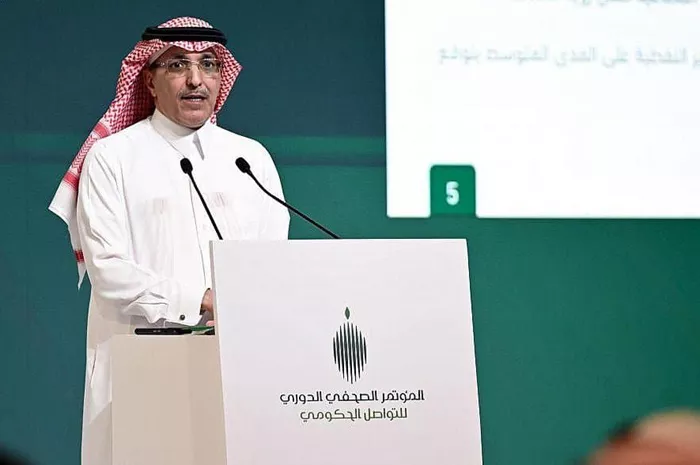Saudi Arabia’s Finance Minister Mohammed Aljadaan emphasized the critical need for well-planned reforms to strengthen global economic resilience amidst growing uncertainties and challenges. Speaking at the 51st meeting of the International Monetary Fund Committee (IMFC) on April 25, 2025, Aljadaan highlighted that the global economy is facing a turning point marked by heightened trade tensions, increasing market volatility, and risks to financial stability and growth.
Boosting Private Sector Growth and Innovation
Aljadaan outlined the path forward for global economic resilience, underscoring the importance of fostering private sector growth, improving governance, and encouraging innovation. He noted that economic growth is projected to slow down in the near term, with disinflation occurring at a slower pace. The current economic environment is shaped by negative risks, including sluggish growth and high public debt, which pose significant challenges to financial stability.
At the core of Aljadaan’s strategy for overcoming these challenges is the need for comprehensive, well-calibrated, and sequenced reforms. These reforms must focus on enhancing productivity, boosting job creation, and driving private sector-led growth. He emphasized the importance of sound macroeconomic policies that will improve the business environment, fight corruption, and promote technology adoption.
Focus on Growth-Friendly Fiscal Measures
Aljadaan also called for deeper commitment to growth-friendly fiscal policies, emphasizing the importance of tailoring these measures to the specific needs of each nation. The goal is to ensure debt sustainability while rebuilding fiscal buffers in an equitable manner, guided by credible medium-term plans. Central banks are expected to maintain price stability through data-driven actions, which will help mitigate the risks of inflation.
In addition, the IMFC is committed to addressing global economic vulnerabilities, strengthening supply chains, and upholding a stable monetary system. Collaborative efforts will focus on supporting low-income and vulnerable countries by managing debt challenges and implementing sustainable debt strategies.
The minister concluded by expressing the committee’s commitment to assisting countries in implementing reforms, particularly in areas such as financial resilience, innovation, and creating an open, rules-based international economic order. The committee will continue its collaboration with the IMF and World Bank to support debt sustainability and further efforts in fostering global economic stability.
Related Topics:
Korean Financial Groups Post Record Profits Despite Economic Uncertainty

